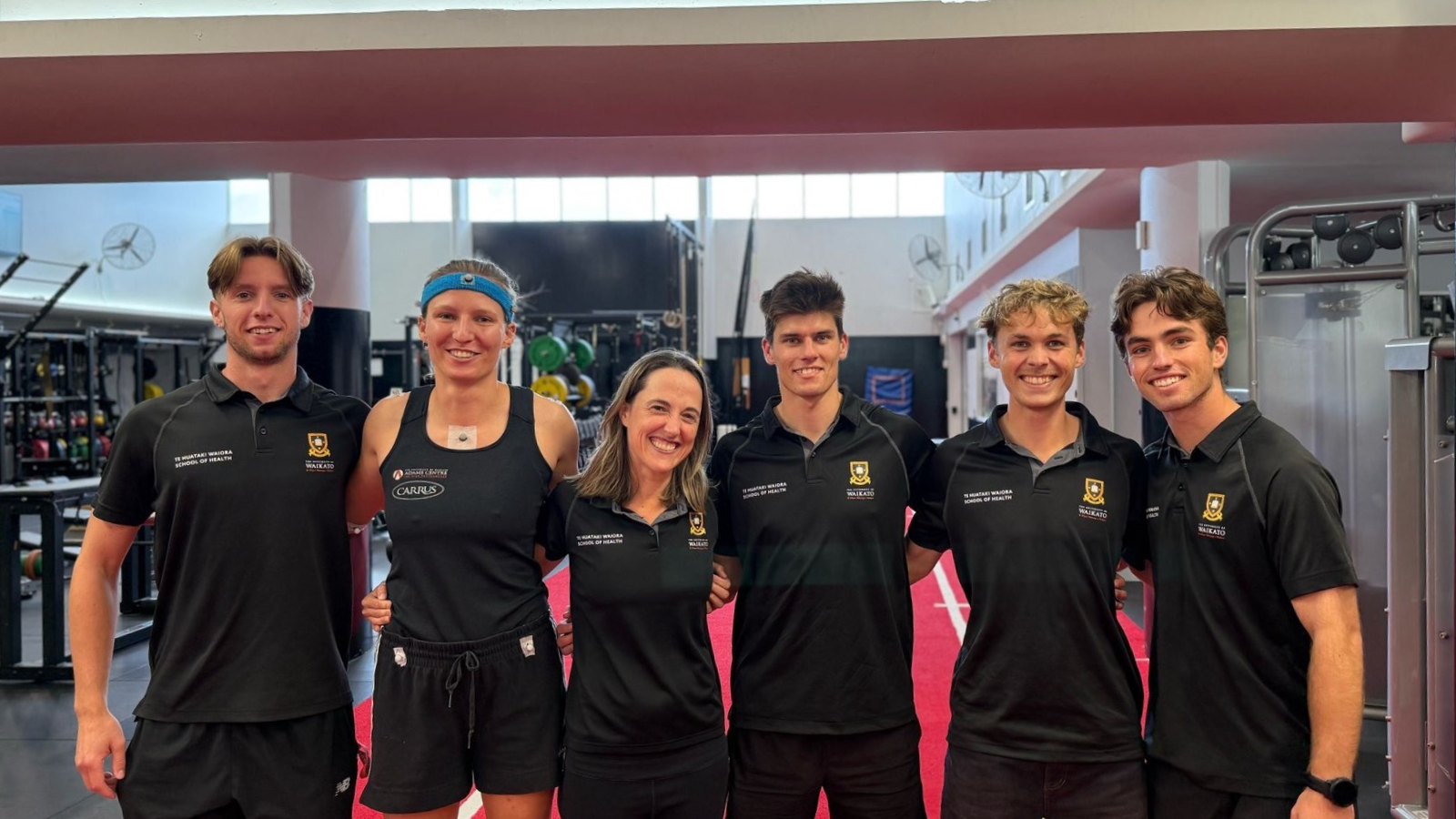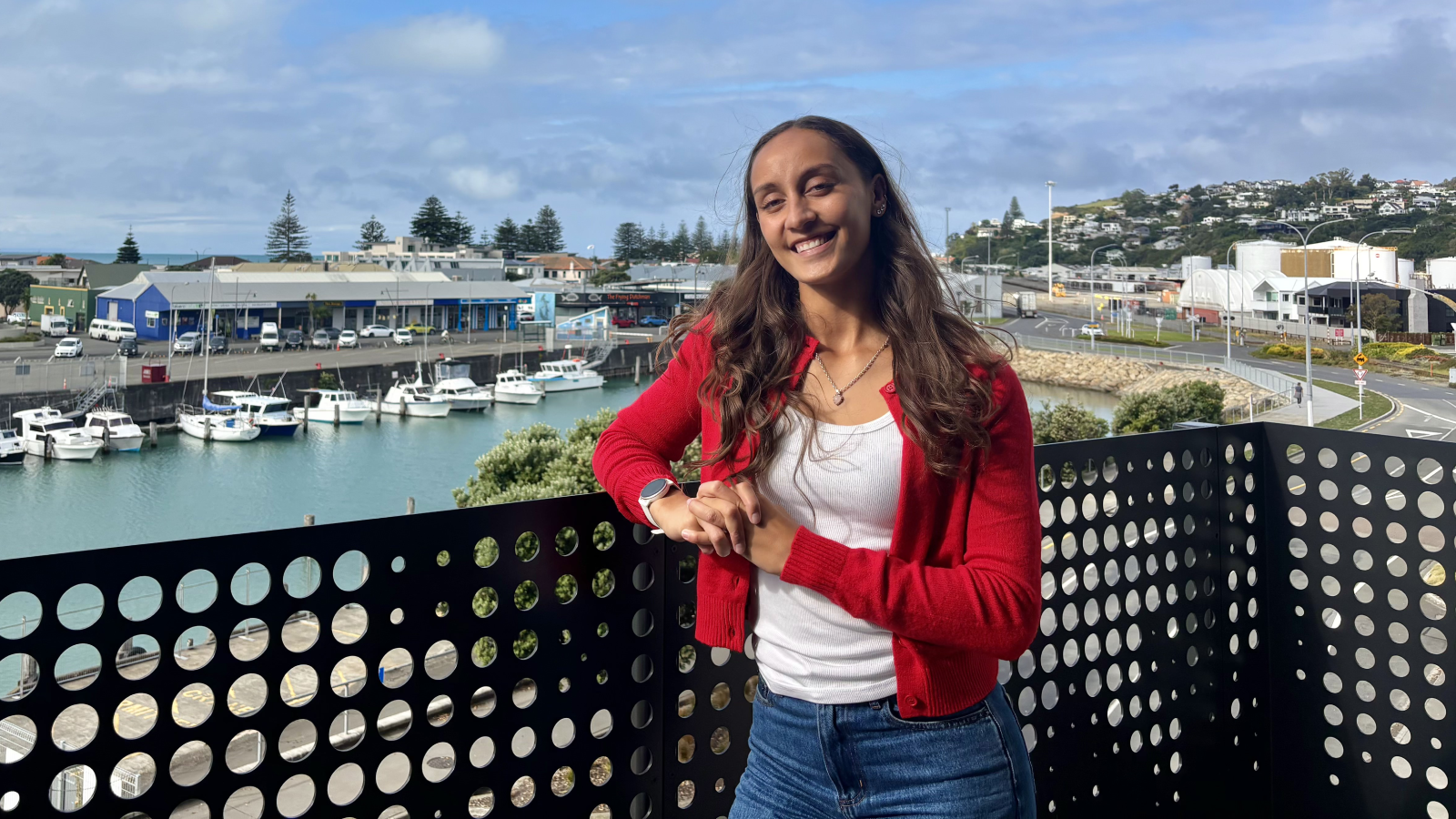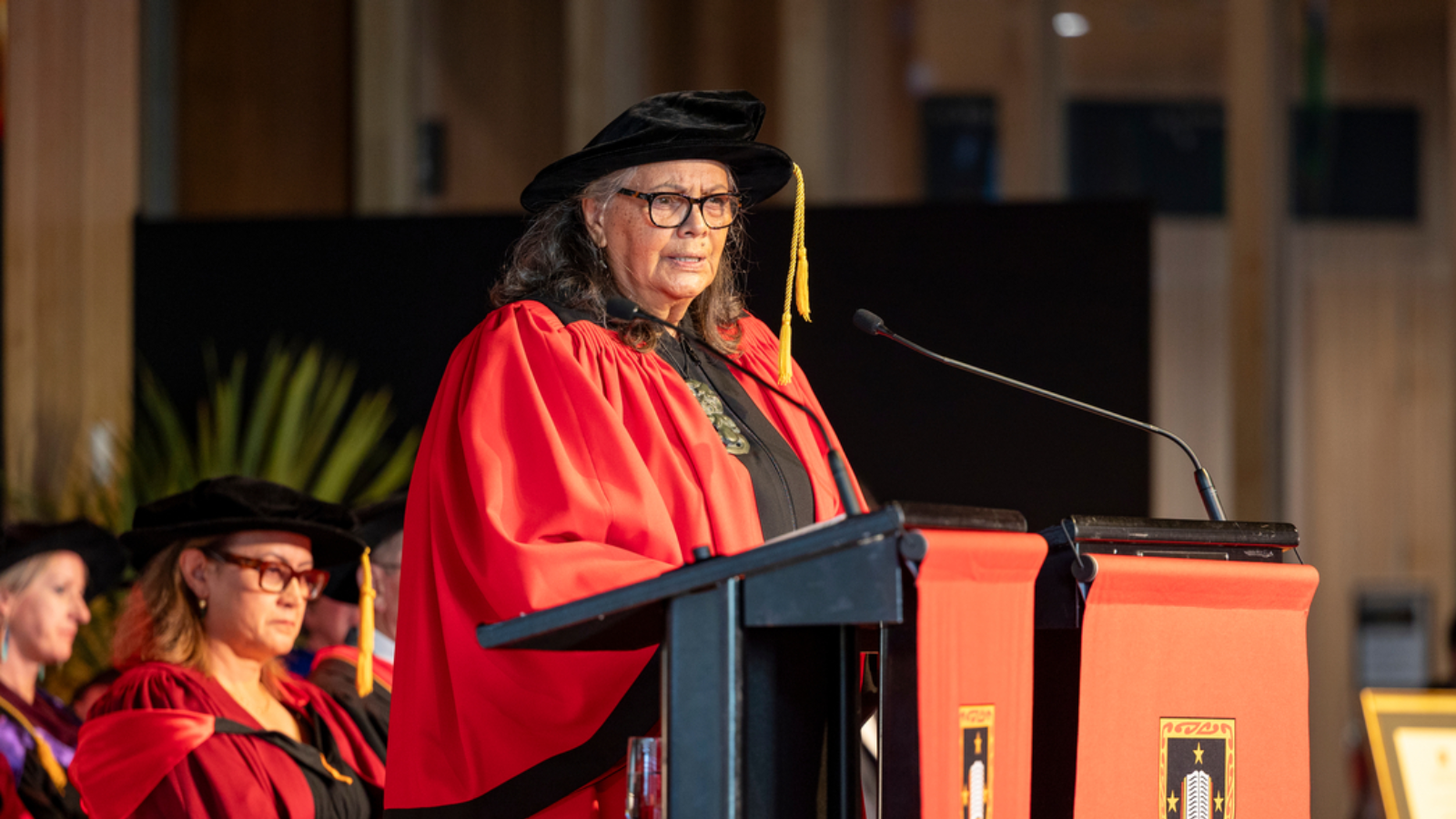Without deliberate effort to drive a fair nationwide rollout, newly funded glucose monitors and insulin pumps for people with type 1 diabetes won’t reach those who could benefit most, a University of Waikato researcher says.
A project focused on addressing longstanding inequities experienced by Māori and Pacific people with type 1 diabetes has just begun, aimed at ensuring the public funding of continuous blood glucose monitors (CGMs) and automated insulin delivery has the greatest positive impact possible.

Associate Professor of Health Sciences Dr Lynne Chepulis and Senior Lecturer in the School of Health Equity and Innovation Dr Hamish Crocket
Dr Hamish Crocket, Senior Lecturer at the University of Waikato’s School of Health Equity and Innovation, will co-lead the $1.4 million project, newly funded by the Health Research Council, alongside Waikato colleague and Associate Professor of Health Sciences Dr Lynne Chepulis.
Pharmac began funding a range of CGMs, insulin pumps, algorithms and equipment for people with type 1 diabetes in October 2024.
An automated insulin delivery system (AID) is made up of a CGM, an insulin pump and an algorithm. The system automatically adjusts the amount of insulin its user receives based on their blood glucose levels.
These are life-changing medications, says Dr Crocket, who as a person with type 1 diabetes has lived experience of the constant treatment decisions required to manage blood glucose levels – estimated by one study to be around 180 extra decisions per day.
The technologies can reduce the burden of living with diabetes, but, he says, in order for funding to have the greatest impact we need to deliberately reach out to the people who were missing out before funding began.
Prior to the funding decision, Māori and Pacific people with type 1 diabetes were less likely to access CGMs and insulin pumps and were more likely to be hospitalised for diabetes-related events. Previous restrictions on accessing funded insulin pumps also meant that many people who would benefit most were not eligible.
“There are huge benefits available for people who might not otherwise have access to these technologies, but the global literature shows that minority ethnic groups and people with lower socio-economic status are the least likely to get access in the first few years of public funding,” Dr Crocket says.
CEO of Diabetes New Zealand Heather Verry says the project will have a positive impact on the equity of the tech rollout.
“As an organisation representing all people in Aotearoa living with diabetes, we are acutely aware of the issues around accessing newly funded diabetes technologies, not only for those people using continuous glucose monitors and/or insulin pumps for the first time, but also those who are transitioning to the funded items from other devices,” she says.
“This project will help to ensure this life-changing technology reaches those who will benefit the most.”
The research team will use National Health Index (NHI) data to create a cohort of all people with type 1 diabetes and connect prescription data to show uptake of funded CGMs and insulin pumps.
As the rollout continues, they will compare rates of uptake by Māori and Pacific peoples compared to non-Māori and non-Pacific peoples, and track progress by region over the next two years.
Using this data, the researchers will work alongside clinicians and patients to address barriers to access, identify best practice and share it across clinics at a national level.
“We’ll also identify clinics to work with on quality improvement processes. This will see us co-design and consult with Māori and Pacific people with type 1 diabetes to identify barriers and develop interventions to apply and fine tune throughout the programme,” Dr Crocket says.
He and Dr Chepulis have stated publicly that a chronic health workforce shortage will limit the benefits of the new funding. For example, it takes specialised support from diabetes clinicians to learn how to use an insulin pump.
A first step in many cases will be to support business cases for additional staff, Dr Crocket says, but it’s also about identifying the processes and practices that are doing the strongest job of reducing inequities.
“Diabetes clinicians are a skilled and committed workforce who work hard to support their patients. However, on top of workforce shortages, most clinics do not have timely access to data to inform decision making. Our project will provide this access and visibility of what the data shows is best practice.
“We’re looking forward to working alongside clinicians to support equitable access across the motu.”
Other University of Waikato researchers in the team include Dr Gloria Clarke (Tūhourangi, Rangitaane ki Wairarapa, Raukawa), Dr Han Gan, Associate Professor Rawiri Keenan (Te Atiawa, Taranaki), Dr Chunhuan Lao, Mrs Mihi Nemani (Ngā Wai, Ngā Atiawa), and Associate Professor Ryan Paul (Ngāti Maru, Hauraki).
Congratulations also to the University of Waikato researchers who were awarded Health Delivery Research Activation Grants. These grants offer financial support of up to $30K to enable researchers to establish health delivery research evidence, or research opportunities, before applying for further funding.
- Dr Lynne Chepulis | Exploring the association between rurality and cardiovascular disease
- Professor Rich Masters | Portion distortion: The influence of marketing on children’s dietary perceptions
- Dr Anna Sutton | Optimising health interventions: Mindfulness, authenticity, and cultural context
- Dr William Yu Chung Wang | Co-designing clinical decision support system for predictive diabetes management
- Dr Jesse Whitehead | Understanding scheduling system failures



